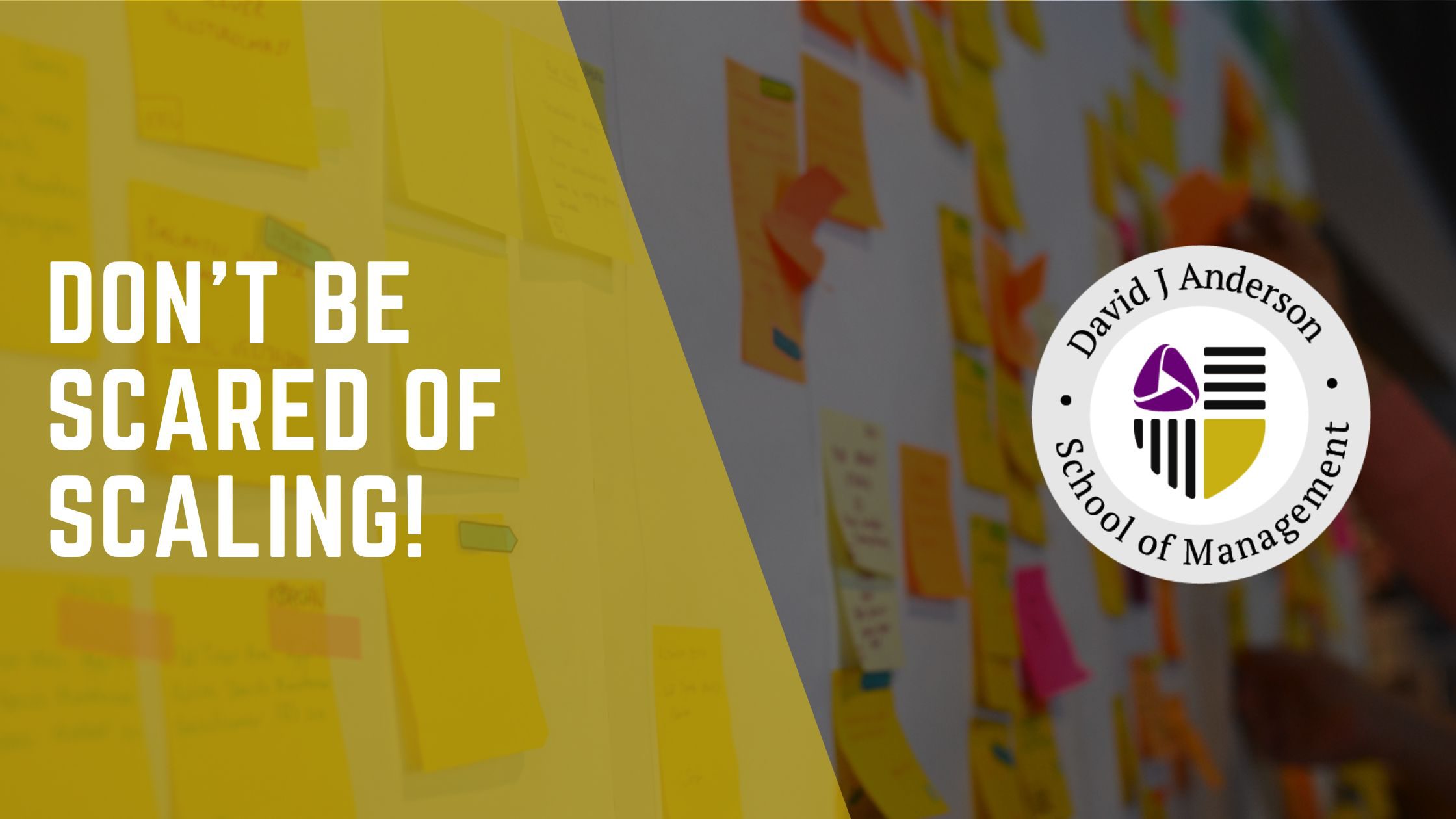Develop Change Management Capability
This is the second post in my series related to change management and evolutionary capability, following Change Management vs Process Evolution on Friday.
It seems our world is full of lots of advice on how to do things better, or properly, and suggestions on what we should improve and to what we might change. However, the advice on how to introduce, lead and manage change is to found elsewhere. The Capability Maturity Model Integration (CMMI) – a model for process improvement – does not contain a process area for Change Management. The Project Management Institute (PMI) does not have a Community of Practice (CoP) for Change Management or even Process Improvement. It seems to me these are massive omissions.
I believe that managers need to be pro-active about building a Change Management capability and looking beyond traditional 20th Century managed change, they should be architecting their organizations with an evolutionary change capability – pro-actively developing and nurturing such capability.
CMMI
As regular readers know, I’m very familiar with the Capability Maturity Model Integration (CMMI), both understanding its history and roots in the work of Deming and Crosby, and in my observation that we don’t need an Agile Maturity Model because Agile transitions and organizations maturing while adopting Agile methods, appear, by-and-large to follow the existing CMMI model.
Proponents of CMMI advocate that it is a model for process improvement and many CMMI based change initiatives are based on “filling in the gaps” between what the model suggests and the current appraisal of the organization. In order to “fill in the gaps” a change initiative is planned and managed – perhaps over several years. Strange then that the CMMI omits Change Management as a required capability. It appears that appraising the change management capability of the organization and accurately assessing the organizations ability to successfully implement the changes a CMMI appraisal might suggest, is left as an exercise outwith the scope of the CMMI, or the process improvement initiative.
It seems to me that it is either assumed immature organizations have the capability to manage complex elaborate change programs despite the fact they can’t manage complex and elaborate projects and programs, or, it is assumed that somehow the CMMI Lead Appraiser’s consulting firm will do it for them. This assumes that the client company has a strong capability at vendor management which it almost certainly doesn’t – this would have been revealed in the appraisal one way or the other, but it is generally not a strong capability of most high tech firms and software development organizations.
PMI
Meanwhile, the other strong source of traditional advice and guidance, the PMI, seems to have a narrow and myopic focus on projects and portfolios and is blind to the greater organizational requirements needed to run a successful technology business. Why is there no Community of Practice for process improvement or change management within the PMI? It seems to me that these capabilities must not be valued in the project management tribe. Hence, they have no traction. And yet, if PMI guidance is to be implemented successfully, organizations must manage change. Another one for the consultants perhaps?
Success Lies in Managing Change
From the comments to my first post in this series, it seems the message that change initiatives fail more often than projects, resonates with many. Any yet, senior managers are seduced by big ambitious change initiatives over and over. The utopian nirvana of the promised end-state is like a shiny new object that romances them and they fall blindly in love with its promise. This blindness extends to the failure to recognize that they do not oversee an organization capable of managing such a change nor selecting and managing a vendor capable of assisting them with it.
So what to do?
Like every other required capability, you need to learn and practice change management. Start small. Practice it often. Gain confidence from small successes. Learn from small mistakes. Implement fast feedback loops on small changes to enable learning.
This begins to sound a lot like Kaizen – small changes, implemented often – continuous improvement! Like continuous deployment – you get good at it by deploying and by gradually learning how to do it more often – and you learn that it is more successful when you do it often and in small steps – like automated unit and regression testing – small check-ins often lead to more successful results and develop capability. And so it goes with change management – start small, implement small changes often, learn from the experiences and improve, gradually larger changes will be possible as your capability grows.
As we already know, Kanban is a means to implement a kaizen culture and develop small, continuous improvement capability. Hence, implementing the Kanban Method is a means to develop change management capability.
Conclusions
Change Management is a heavily overlooked and under-rated organizational capability. Change Management is missing from the models, advice, guidance and communities of organizations we’ve traditionally looked to for guidance and authoritative advice on managing technology development businesses. Successful change initiatives require a strong organizational capability in change management. Organizational capability is build by starting small and practicing often. Kaizen is a means to build such capability and Kanban is a means to implement Kaizen. Implementing the Kanban Method in your organization can lead to greater success delivering significant change initiatives.




